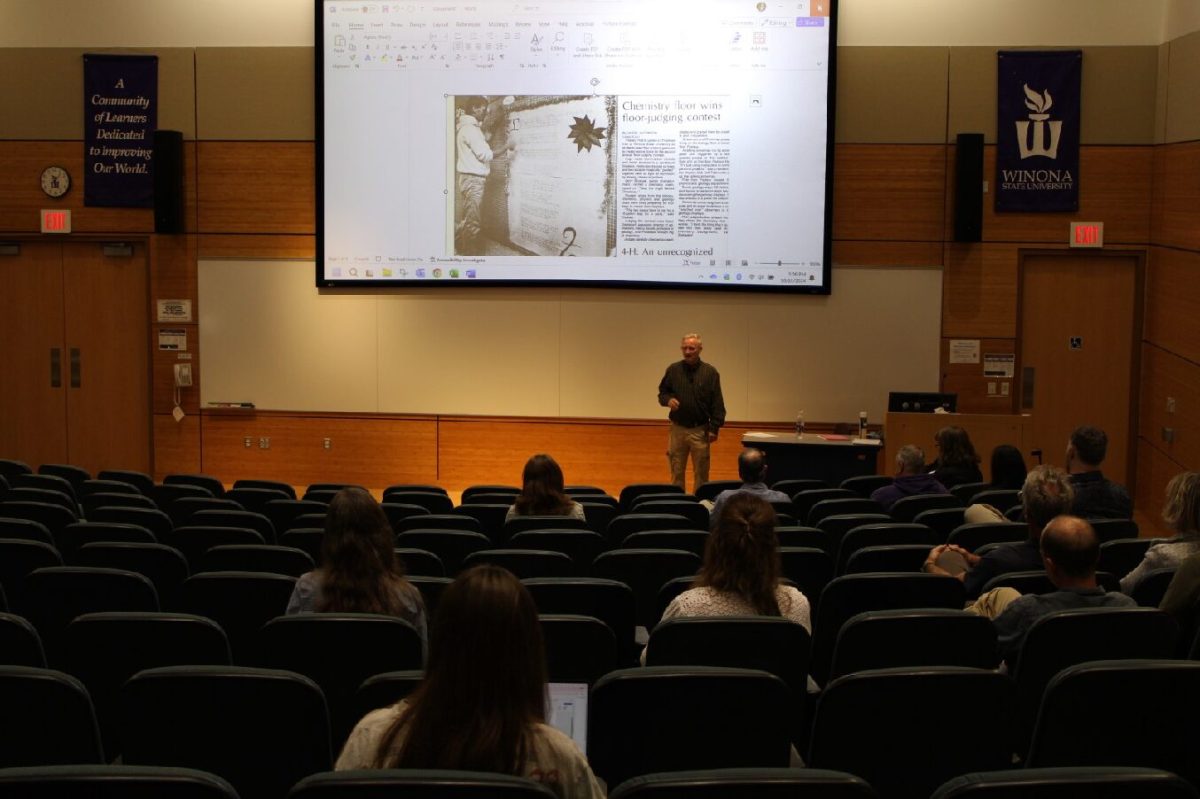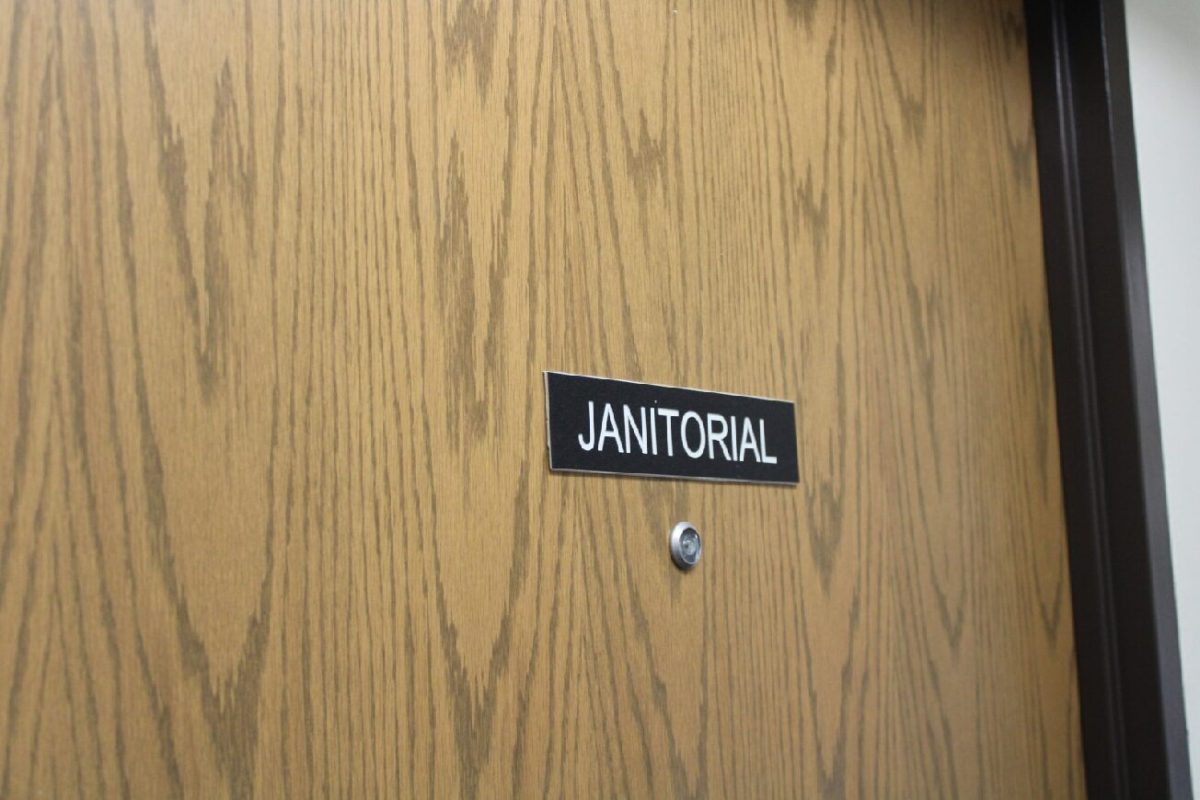WSU cancels study abroad and limits travel
February 17, 2021
Winona State University announced its updated travel guidelines for the spring semester amidst COVID-19 on Jan. 29 through an email sent to all students.
The guidelines pertain to all university-sponsored travel. While in-state travel is allowed via ground transportation, out-of-state travel must be approved..
Out-of-state travel is allowed in approved border-states per approval from Winona State President Scott Olson. If the travel is set to occur outside of those border states, it needs to be approved by the vice chancellor.
The approved border states are: Wisconsin, Iowa, North Dakota and South Dakota.
Denise McDowell, vice president for enrollment management and student life, said travel plans need to be approved in advance.
“Prior to the travel, [you need] to allow at least seven days and if you’re talking about going outside the state and outside those four approved border states, then it’s an additional 10 days that may be required because it now has to route up to the system office,” McDowell said.
International travel is not allowed and study abroad is suspended through summer 2021.
All Winona State sponsored travel not only needs to be approved, but it needs to be deemed necessary, according to McDowell.
“I think the necessary things we have talked about are those things that must be done, there is no other way to do them, other than to physically be there,” McDowell said, “Not, ‘it’s nice to be there’, not, ‘I want to be there’ because right now we’re all missing people energy. But is it absolutely necessary and is that the only way to achieve the desired experience?”
Scott Ellinghuysen, vice president of finance and administration, said the spring travel guidelines have also affected the university budget.
“In theory, the cancellation of travel has helped the university budget due to not expending the funds that would have been set aside for this purpose,” Ellinghuysen said.
Ellinghuysen said the decision to cancel travel was made to limit the spread of COVID-19.
“This decision to cancel travel is not related to [the] budget or saving money, as the experiences lost by the cancellation will be difficult to ever replace,” Ellinghuysen said. “The decision to cancel travel is due to the need to limit the infection and spread of COVID-19.”
McDowell agreed the travel guidelines are in place to prevent risks of COVID.
“All of it was about risk mitigation. How much risk are we taking and what are we introducing into our community with that fluid movement,” McDowell said.
McDowell said the travel guidelines do not affect the entire student population.
“We’re probably talking about impacting a smaller percent than the students at large just by virtue of who’s involved [in clubs that require travel]. But in my mind, just impacting one in a negative way breaks my heart because I know how important it is to engage with people’s energy,” McDowell said.



















































